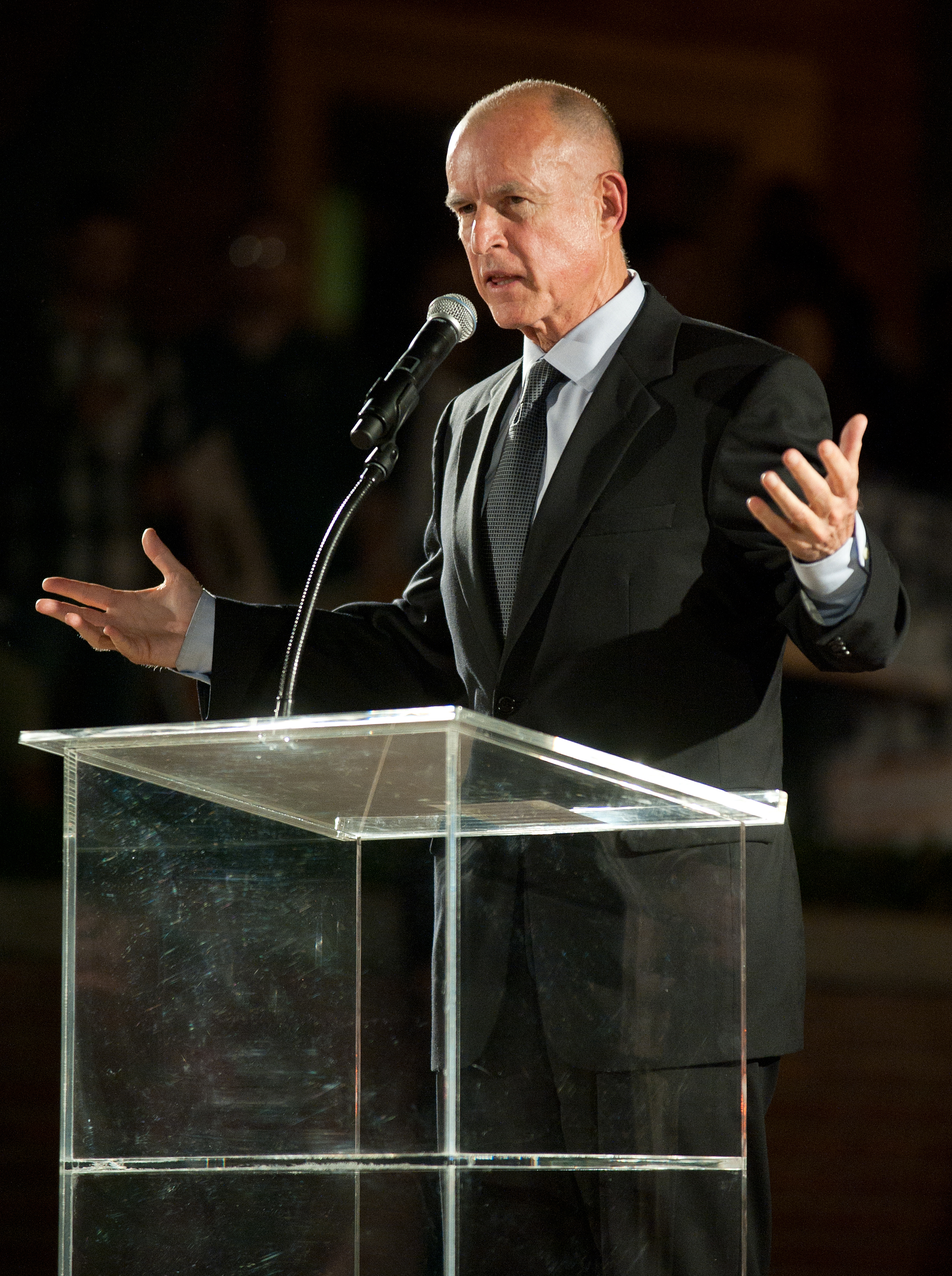With more than 40 years of political experience, Democratic gubernatorial candidate Jerry Brown aims to become governor of California once again after holding the position from 1975 to 1983.
Brown’s platform includes the creation of new jobs, the timely passing of a budget, and the improvement of education, according to his website.
Brown, who began his political life in 1969 when he was elected to the Los Angeles Community College District’s Board of Trustees, has emphasized education throughout his career.
As governor he increased the budget for higher education institutions, doubling funding to the UCs, according to the Report of the Legislative Analyst.
Funding for Cal Grant awards during Brown’s governorship increased by 50 percent, and the number of Cal Grants awarded rose from 4,550 to 6,825, according to his official campaign website.
Adam Swart, a second-year political science student and the UCLA coordinator for the Brown campaign, said that, as a UC Berkeley alumnus, Brown understands the value of a public education and would work hard not to lose that.
Brown’s education plan includes a focus on community colleges, which serve underrepresented communities in higher education.
“Brown focuses on community colleges because they’re the most affordable and often the only method available to people who aren’t from families that can afford college,” Swart said. “It’s a way of ensuring no one falls through the cracks simply because they cannot pay.”
Brown has also pledged to improve the K-12 education system by creating initiatives to change the curriculum in public schools, adding emphasis to science, technology, engineering and math.
“The whole future of this state has to be around students who are capable and well prepared in those areas, because we’re moving towards a technologically centered kind of world,” said Jody Priselac, an adjunct professor at the UCLA Graduate School of Education and Information Studies.
“People who don’t have that knowledge and skills will be left behind, and our state will be left behind.”
Brown also advocates a simplification of the current education code and wants to return more of the decision-making process to local school districts, according to his education plan.
Priselac agrees with the need to simplify the education code, which she said is currently too cumbersome for schools and teachers to interpret.
Brown has also stated his support for the DREAM Act, which would provide undocumented students who graduate high school with a path to citizenship. Swart said this is important because it would allow the many undocumented students who are affected by tuition increases in public school systems to apply for financial aid.
Currently, undocumented students cannot receive financial aid. They are also not allowed to work legally to pay for their education.
“The DREAM Act is something that’s really important to Brown because he believes everyone deserves the opportunity to education, whether documented or not,” Swart said. “Brown believes if you work hard or serve in the military you should have as good an opportunity as anyone else to an education.”
Although Swart said balancing the budget is the top priority in Brown’s campaign, he added that education is another priority and that balancing the budget ultimately benefits students and the education system.
Andrew Freeman, a third-year history student, said Brown’s emphasis on education is good. Still, Freeman said his main concern is the job market.
“I’m a student now, but I’m going to be in the work force in a couple of years, so it doesn’t matter if I’m prepared if there are no jobs,” Freeman said.
Swart said Brown will not ignore the need to create new jobs, especially in the alternative energy market.
“Brown wants to create jobs: well-paying and green jobs,” he said. “He knows that, especially for older students who are graduating next year. That’s a key thing.”
